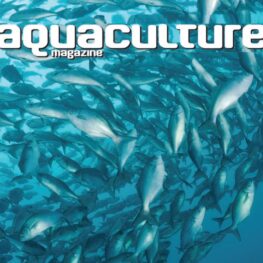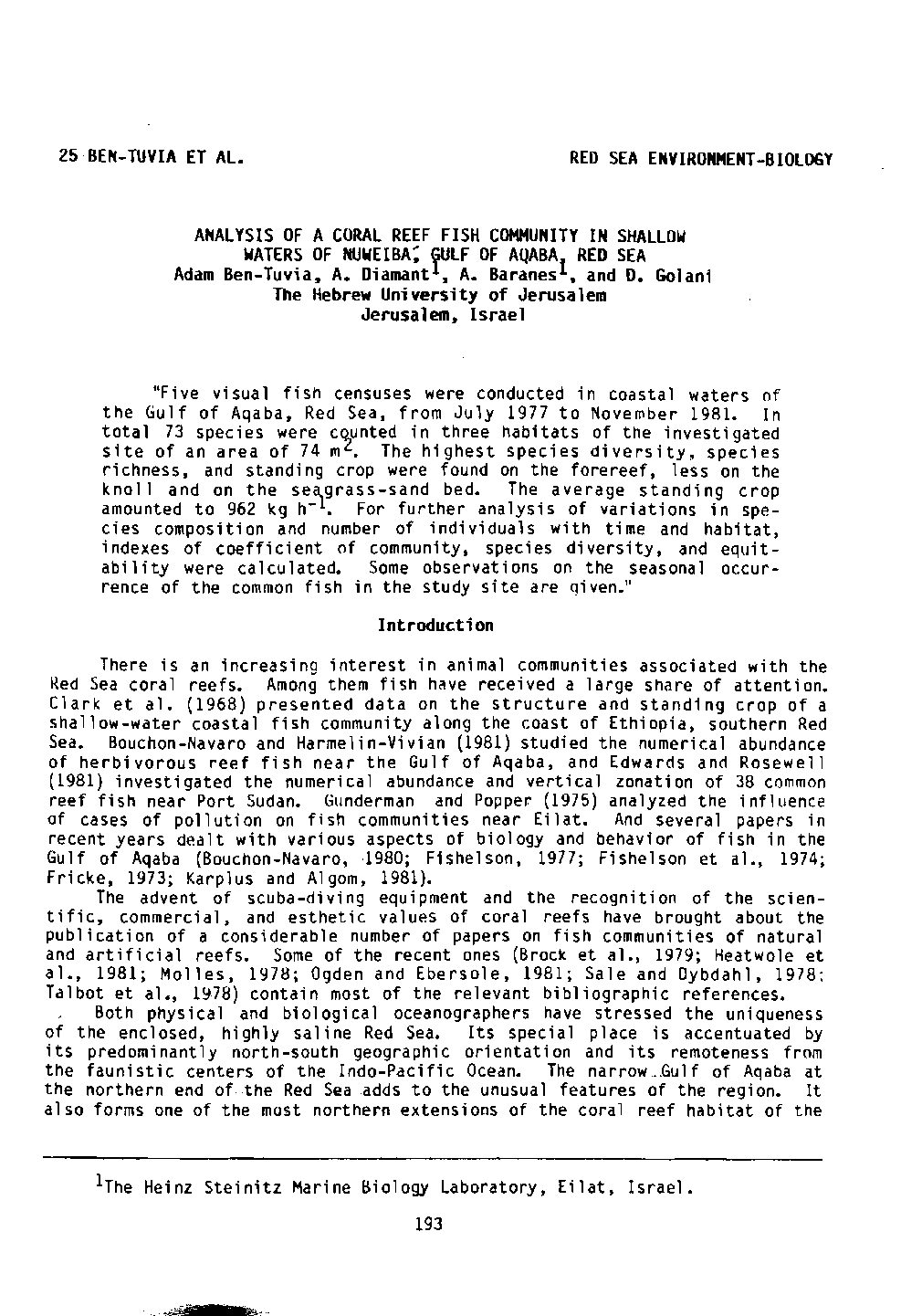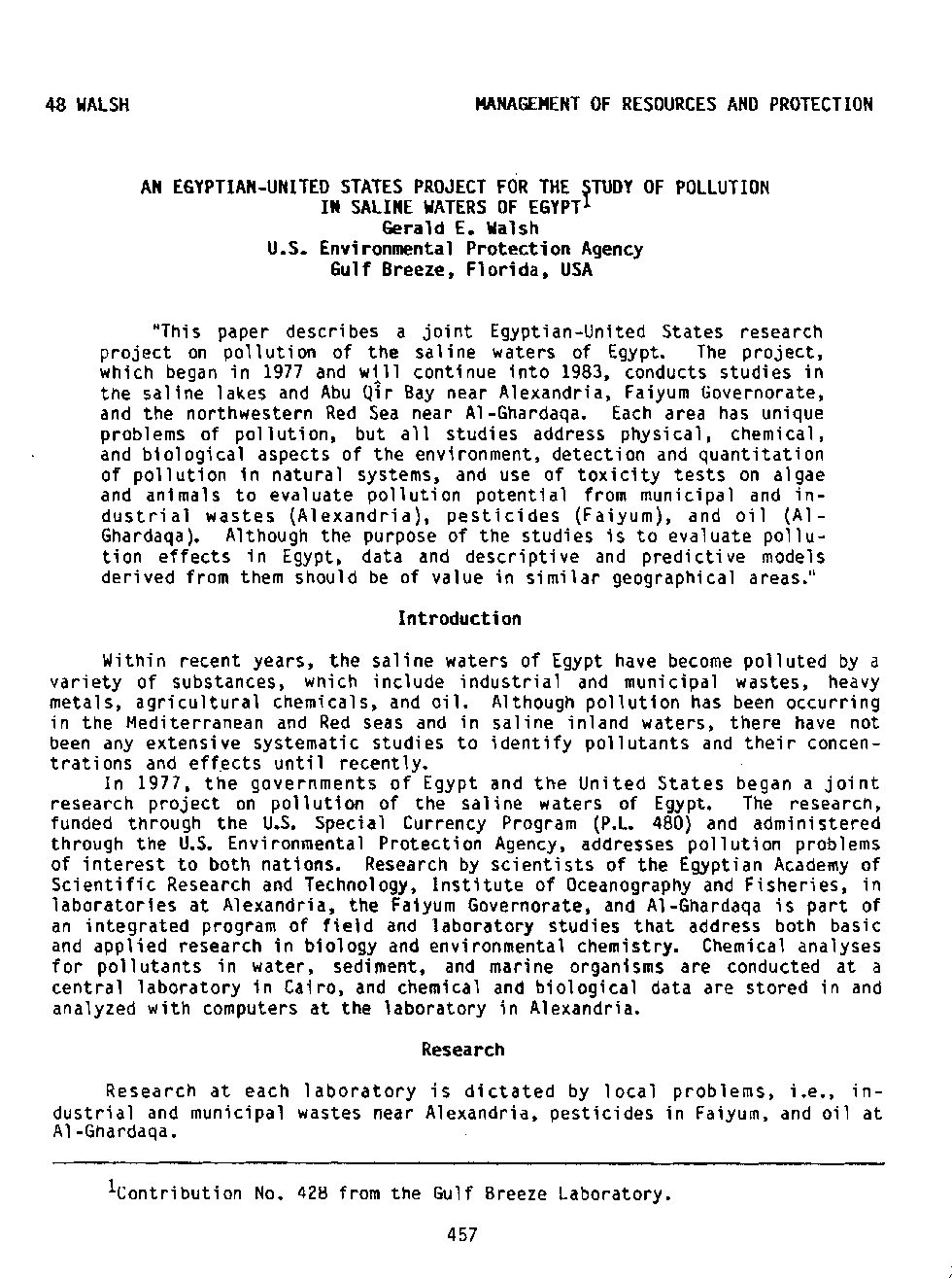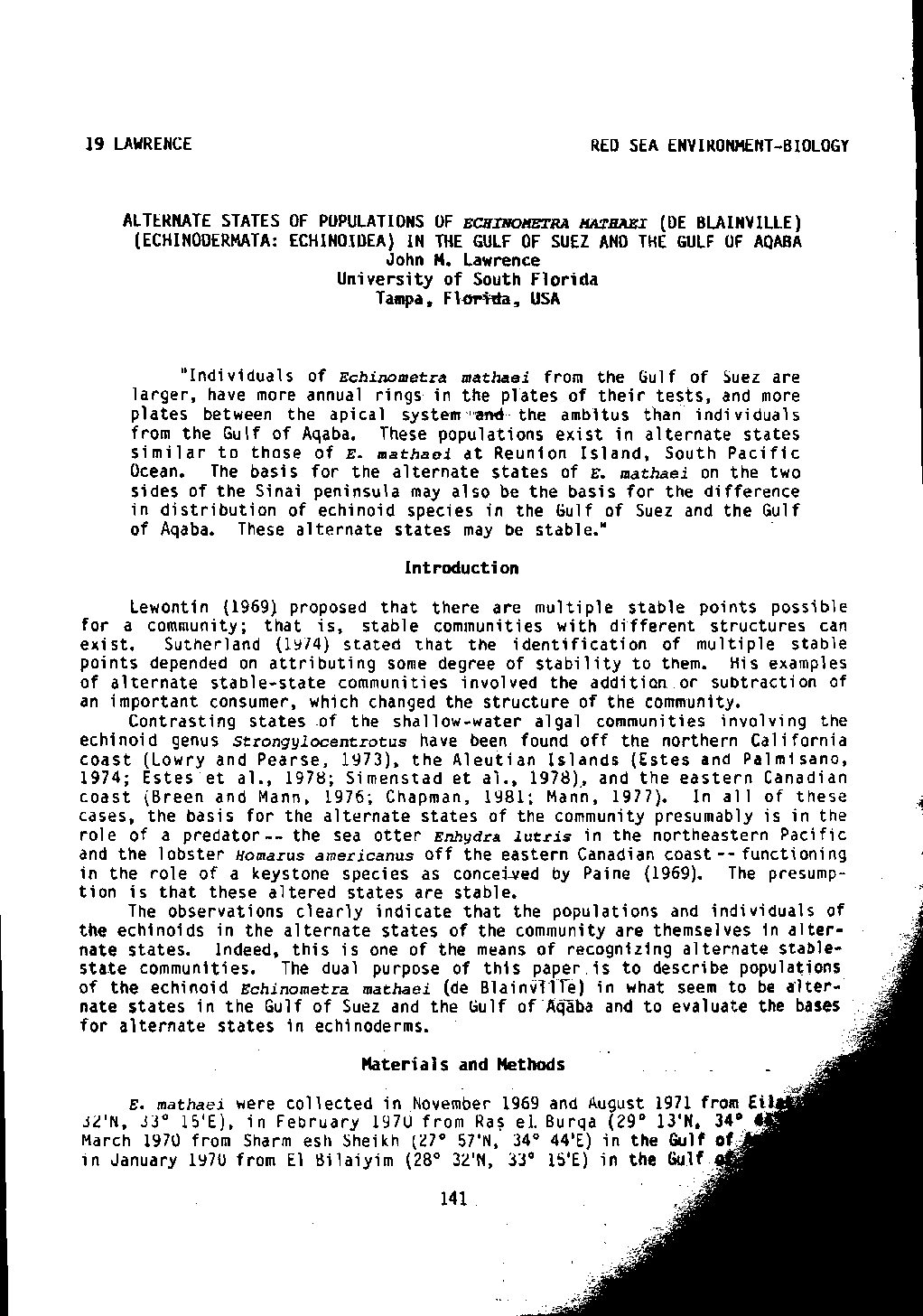Categories
Aquaculture Publications 2021Impact of nucleotide enriched diets on the production of gilthead seabream, Sparus aurata fingerlings by modulation of liver mitochondrial enzyme activitity, antioxidant status, immune gene expression, and gut microbial ecology
a A. M. El-Nokrashy, b R.A. El-Banna, b B. M. Edrise, c M. M. Abdel-Rahim, ad M. Jover-Cerd´, dA. Tomas-Vidal, e A. Prince, f S. J. Davies, g,* E. R. El-Haroun, c A.M.A.-S. Goda
c Aquaculture Division – Fish Rearing Lab (NIOF)
Aquaculture, 2021, 535
https://doi.org/10.1016/j.aquaculture.2021.736398
(Indexed in Scopus)
Abstract: The objective of this study was to evaluate the effect of fish meal replacement with a mixture of plant, and animal protein supplemented with a commercial nucleotide NucleoforceFish™, on growth, feed utilization, whole-body composition, biometric indices; liver mitochondrial enzyme activities, selected gene expression and influence on the gut microbiome of gilthead seabream, Sparus aurata. Six hundred and thirty gilthead seabream with an average initial body weight of 0.358 ± 0.002 g/fish, were used. Six experimental diets were formulated to be isonitrogenous, 45% crude protein (CP) and isocaloric 20 MJ/kg gross energy (GE). The control diet (D1) contained 25% of fish meal (FM25) and had no NucleoforceFish™ added (FM25/0), diets 2-3 contained FM at a level of 25% and supplemented with 250 (FM25/250) and 500 (FM25/500) mg/kg NucleoforceFish™, respectively. Diets 4-6 were a non-fishmeal formulation and had no NucleoforceFish™, (diet 4, FM0/0), 0%FM with 250mg/kg NucleoforceFish™ (diet 5, FM0/250), and 0%FM with 500mg/kg NucleoforceFish™ (diet 6, FM0/500). The results revealed that dietary nucleotides supplemented at 250mg/kg or 500mg/kg enhanced final body weight, weight gain, and specific growth rate of seabream either with dietary level of 25% FM diet (FM25) or non-fishmeal diet (FM0). All mitochondrial liver complex enzyme activities were recorded as having a significant positive response to the nucleotide dietary supplement. Gilthead seabream fingerlings fed FM 0/250 diet for 150 days had signifi-cantly elevated liver mitochondrial enzyme (Complex III, Complex IV, Complex I and II) activities. In addition, gilthead seabream fed FM0/500 had significantly increased the gene expression of TCR-B and IL1-B, while fish fed FM25/250 increased significantly the gene expression of IGF1, while fish fed FM25/500 increased significantly the gene expression of Hepcidin (Hep) and the iron homeostasis hormone. There was a marked influence on specific bacteria comprising the gut microbiome namely Photobacterium; damselae; Vibrio anguillarum; Lactobacillus plantarum; Lactobacillus Enterococcus faecium subtilis. It can be concluded that FM25/250 and FM25/500 diets are expressing the best result, which explains that FM must be in the feed of gilthead seabream, and addition of NucleoforceFish™ at 250 mg/kg feed may further increase the performance.
Keywords: Fish meal, Nucleotide supplementation, Mitochondrial & metabolic enzymes, financial analysis
Corresponding author e-mail: [email protected] (E.R. El-Haroun)






